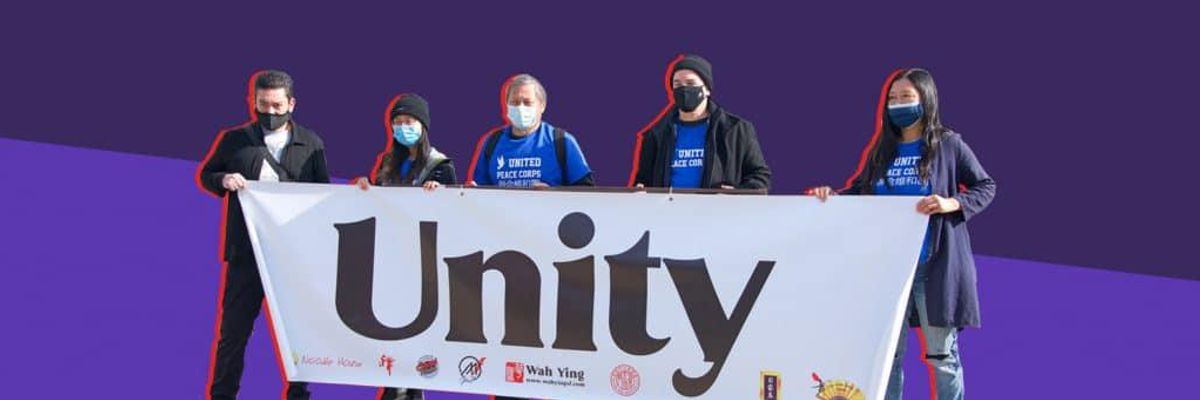
many of whom are facing the rise of hate crimes towards their communities. The crimes come from spending a year being the target of bigoted rhetoric blaming them for the spread of the Coronavirus and the lockdowns that resulted from its high infection rate in the United States.
From 84 year old Vicha Ratanapakdee’s unprovoked assault in a San Francisco neighborhood that later resulted in his death to former President Trump’s insistence on calling COVID-19 the “China Flu,” Asian Americans and Pacific Islanders have suffered the consequences of being the scapegoat for this pandemic.
The rise in anti-Asian American sentiment is bolstered by the lack of acknowledgement from many that these realities are being lived everyday by members of these communities.
Hate Crimes Rise
A report released on March 26, 2020 by the Asian Pacific Policy and Planning Council (A3PCON) and Chinese for Affirmative Action (CAA) includes more than 650 reports of discrimination and crimes. This was very shortly after the U.S.’s reported exposure to the novel Coronavirus, showing that the community was a target then, and they are still a target now.
The US’s history with anti-Asian rhetoric isn’t new. From Japanese internment camps to hurtful “model minority” stereotypes and jokes about Asians being good at math, the latter has been a more “acceptable” form of casual racism for quite some time.
The model minority myth is applied almost exclusively to Asian Americans and it perpetuates the idea that when many members of a minority group achieve a better socioeconomic status, they can then serve as an example for other minorities to follow. Because Asian Americans were labeled this way by mainstream media narratives, policy decisions then followed that failed to address socioeconomic and other problems like bias and racism that persisted for this community.
Victor Chin was a turning point in the Asian American community’s involvement in advocating for broader representation of themselves as it relates to civil rights. An industrial draftsman at Efficient Engineering, Chin was beaten to death in 1982 by two white men, motivated by the mens’ recent unemployment. The men blamed the Japanese auto industry for their recent job losses (despite Chin being Chinese), killing Chin 8 days before his wedding.
The men were convicted of manslaughter but served no jail time, only three years probation, fined $3,000, and paid $780 in court fees. This led to an emboldened community willing to fight for their lives and rights, something that continues on with today’s modern hate crimes.
Advocacy against anti-Asian American sentiment has grown in recent months as more reports are released. Here are some resources to help these communities:
Report hate crimes
Stop AAPI Hate is a great resource for reporting incidents as they occur.
Donate to and support causes that help these communities
Hate Is A Virus works to dismantle systemic oppression targeted towards the Asian American and Pacific Islander communities through funding, awareness, and education.
Asian Americans Advancing Justice is a part of the Asian Law Caucus that works to assist the Asian American community with resources like housing and employment.
Stand in solidarity with these communities
Now more than ever, what the AAPI community needs are allies to fend off the slew of hate crimes targeting them. Speaking out against the rise in hate crimes and supporting the community via publicly available resources will help finally put a much needed spotlight on the needs of our AAPI family.


 Photo by
Photo by  Photo by
Photo by  Photo by
Photo by  Photo by
Photo by  Photo by
Photo by  a group of monarch butterflies on a treePhoto by
a group of monarch butterflies on a treePhoto by 

